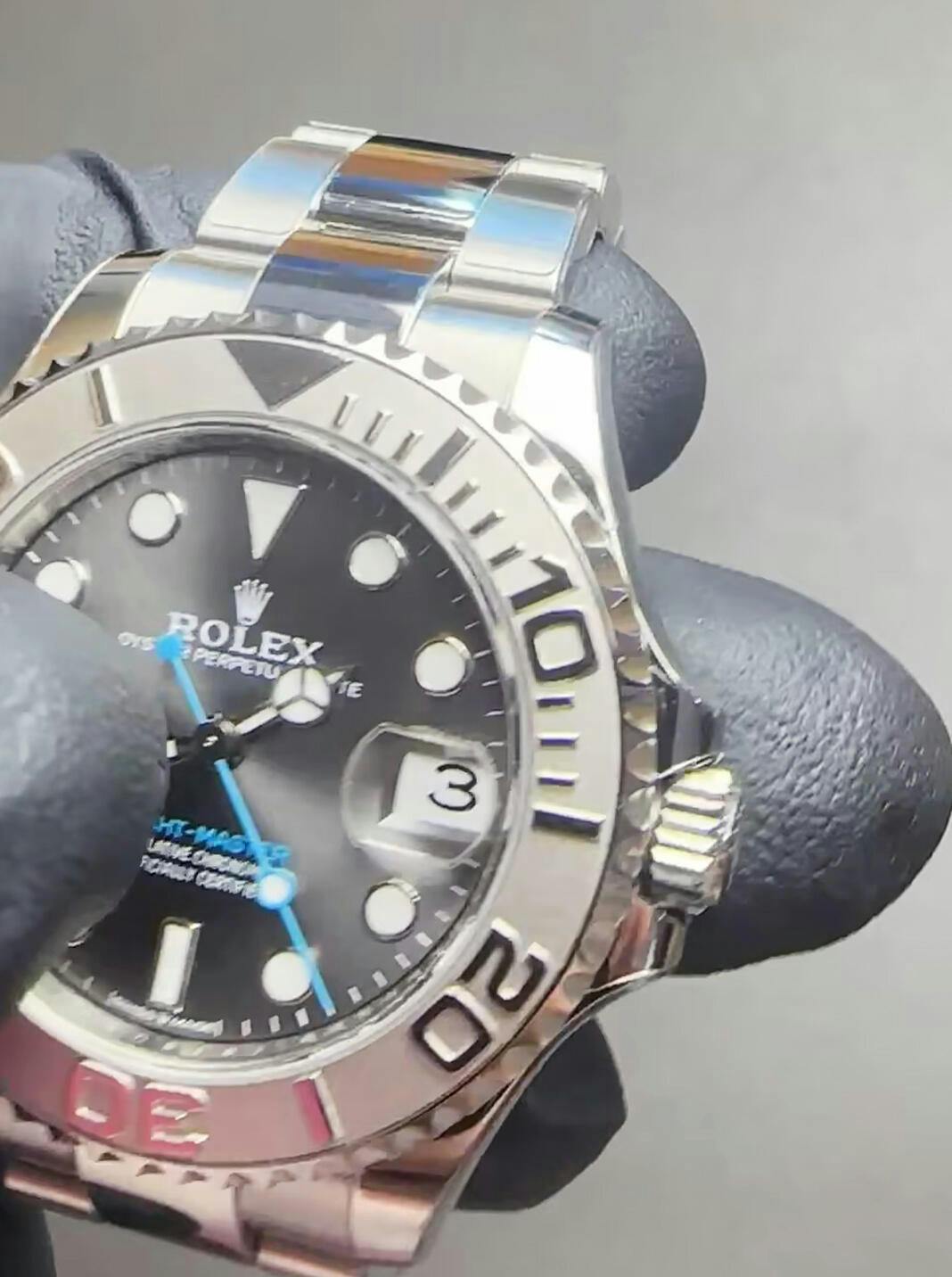Rolex watches, as a representative of luxury goods in the watch industry, are not only sought after by watch fans all over the world for their accurate timekeeping and unique design, but also the polishing technology of their movements is amazing. Among many complicated mechanical parts, the movement is the soul of the watch, which drives the whole mechanical system like a heart. So, how is the movement of Rolex watches polished? Next, let’s unveil this mystery.In addition to domestic, sea dweller 16600 It has also emerged in the international field and gradually gained the favor of more foreign friends. https://finewatchcare.com/products/fwc-for-rolex-116610ln-97200-watch-protection-film?_pos=1&_sid=65a0aaaa4&_ss=r&variant=47009990181151
Preparation before grinding
Before starting to polish the movement, it is necessary to ensure that the working environment is clean and dust-free. After all, any tiny dust may cause irreversible damage to the precise movement. Then, it is very important to choose the right tools and materials. The polishing tools used in Rolex watch movements are often customized by hand, and each tool has its specific function and shape to meet the needs of different parts.
Fine hand grinding
The polishing process of Rolex movement is a delicate and artistic process. Craftsmen use abrasives and files of various shapes to slide gently on the metal surface, and control the angle and strength of each knife and contact through delicate touch. This is not only a technical activity, but also an artistic expression of the ultimate pursuit of details.
Grinding and polishing
After completing the basic shape correction, the next step is grinding and polishing. Grinding is the process of grinding the surface more smoothly, while polishing is to increase the gloss and aesthetics of the surface. This stage requires great patience and skill, because excessive pressure or improper operation may lead to surface damage or deformation.
High precision detection
After the polishing work is completed, it is not a once-and-for-all thing. The next series of high-precision detection links are very important. Through professional instruments and equipment, the performance indexes of the movement are tested to ensure that every part meets the strict standard requirements of Rolex.
Assembly and adjustment
The last step is to assemble the polished parts and fine-tune them according to the requirements to ensure the best performance. This process also tests the skills and experience of craftsmen.
For Rolex watches, every watch is a unique work of art. And its incredibly precise internal movement is the soul of these works of art. Through the process of careful polishing and assembly, not only the watch is endowed with the ability to accurately walk, but also every wearer can feel the unique charm of time flow.
In short, in Rolex’s world, “polishing” is not just a simple word, it represents the spirit of unremitting pursuit of quality, meticulous attention to details and understanding and expression of time art. Behind every accurate walk, there are countless ingenious efforts and efforts.